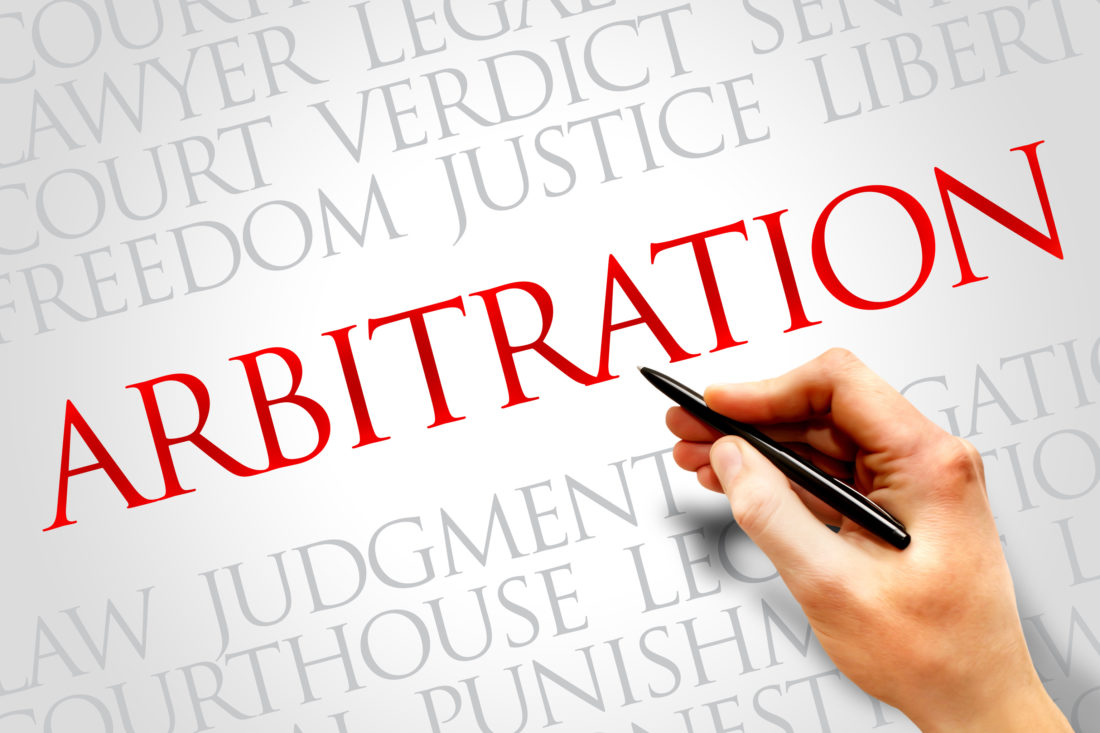Limitation period for filing application under Section 11 of Arbitration Act governed by Article 137 of Limitation Act

The Supreme Court in Bharat Sanchar Nigam Ltd. & another vs. M/s Nortel Networks Pvt. Ltd.[1] has held that the period of limitation for filing an application under Section 11 of the Arbitration and Conciliation Act, 1996 (“Arbitration Act”) would be governed by Article 137 of the first schedule of the Limitation Act, 1963 (“Limitation Act”).
Article 137 is a residual provision, and provides for a limitation period for any application for which no period of limitation is provided in any of the Articles in the Schedule to the Limitation Act. It provides for a period of limitation of 3 years from the date when the right to apply accrues.
The judgment, delivered on 10th March, 2021, said that the period of limitation will begin to run from the date when there is a failure to appoint the arbitrator.
The court explained, “It is now fairly well-settled that the limitation for filing an application under Section 11 would arise upon the failure to make the appointment of the arbitrator within a period of 30 days’ from issuance of the notice invoking arbitration. In other words, an application under Section 11 can be filed only after a notice of arbitration in respect of the particular claim(s) / dispute(s) to be referred to arbitration [as contemplated by Section 21 of the Act] is made, and there is failure to make the appointment.”
“In rare and exceptional cases, where the claims are ex facie time-barred, and it is manifest that there is no subsisting dispute, the Court may refuse to make the reference,” it added.
The need for an amendment
The court said that there is a vacuum in law with regard to the absence of a period of limitation under Section 11 of the Arbitration Act. It then noted that because of this, different high courts[2] have been taking recourse to the position that the limitation period would be governed by Article 137 of the Limitation Act. Section 43 of the Arbitration Act says that the Limitation Act shall apply to arbitrations as it applies to proceedings in Court.
However, it said that this is an unduly long period for filing an application under Section 11 of the Arbitration, saying that “it would defeat the very object of the Act, which provides for expeditious resolution of commercial disputes within a time bound period.”
The court observed, “The 1996 Act has been amended twice over in 2015 and 2019, to provide for further time limits to ensure that the arbitration proceedings are conducted and concluded expeditiously. Section 29A mandates that the arbitral tribunal will conclude the proceedings within a period of 18 months.”
It, therefore, asserted that in view of the legislative intent, the period of 3 years for filing an application under Section 11 of the Arbitration Act would run contrary to the scheme of the Act. It said that it would be necessary for the Parliament to effect an amendment to Section 11 of the Arbitration Act, prescribing a specific period of limitation within which a party may move the court for making an application for appointment of the arbitrator under Section 11 of the Arbitration Act.
[1] Civil Appeal Nos. 843-844 of 2021
[2] Bombay high court in Leaf Biotech vs. Municipal Corporation Nashik, 2010 (6) Mh LJ 316 and Deepdharshan Builders Pvt. Ltd. vs. Saroj, (2019) 1 AIR Bom R 249; Delhi high court in Prasar Bharti vs. Maa Communication, 2010 (115) DRJ 438 (DB) and Golden Chariot vs. Mukesh Panika, 2018 SCC OnLine Del 10050
By entering the email address you agree to our Privacy Policy.



